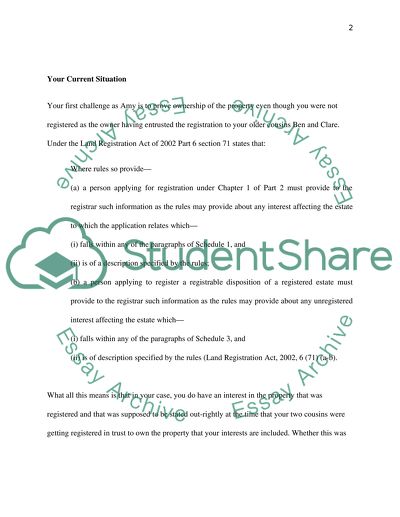Cite this document
(“Land law problem question Essay Example | Topics and Well Written Essays - 2750 words”, n.d.)
Retrieved from https://studentshare.org/law/1393333-land-law-problem-question
Retrieved from https://studentshare.org/law/1393333-land-law-problem-question
(Land Law Problem Question Essay Example | Topics and Well Written Essays - 2750 Words)
https://studentshare.org/law/1393333-land-law-problem-question.
https://studentshare.org/law/1393333-land-law-problem-question.
“Land Law Problem Question Essay Example | Topics and Well Written Essays - 2750 Words”, n.d. https://studentshare.org/law/1393333-land-law-problem-question.


